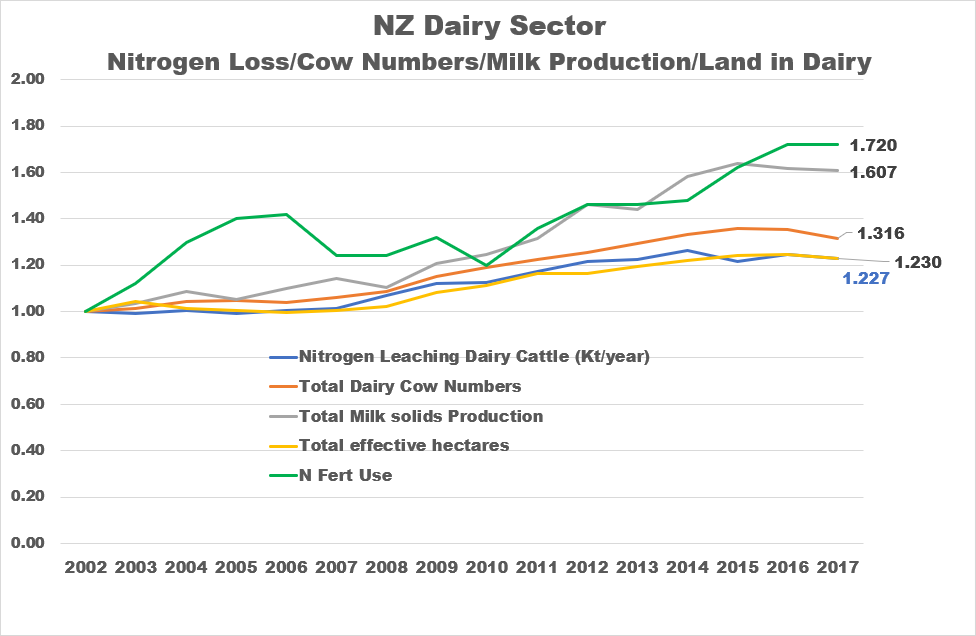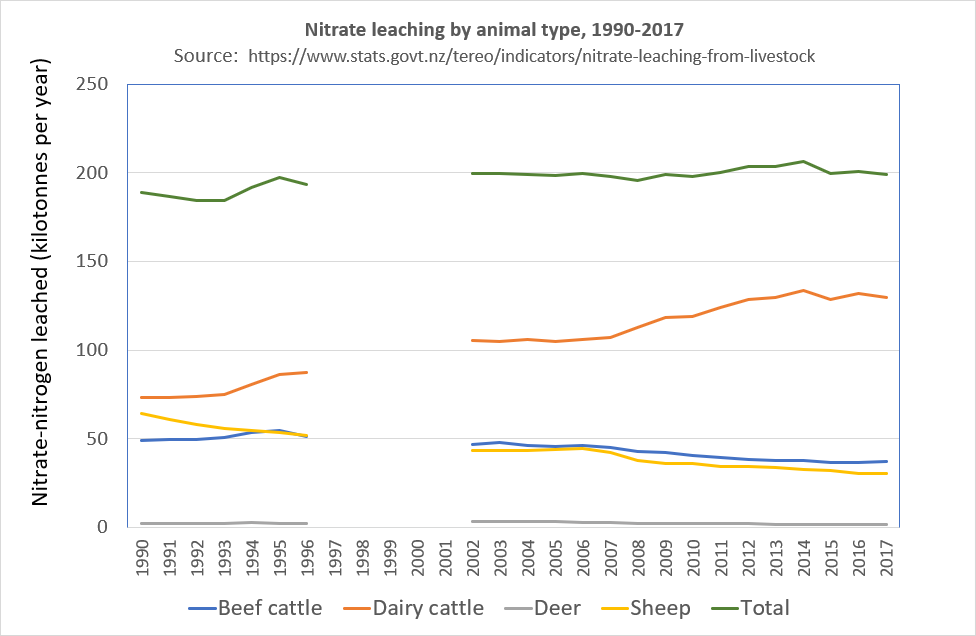Federated Farmers debunks Nitrogen Fertiliser myths
11 November 2021
Yesterday Chris Allen (National Environment Spokesperson), Gavin Forrest (General Manager Regional Policy) and Dr Paul Le Miere (Manager Regional Policy) spoke to the Environment Select Committee to challenge the Greenpeace sponsored Petition requesting that legislation be passed that bans the use of nitrogen fertiliser by 2024.
In referring to the evidence of other submitters including government agencies (MPI and MfE), the Parliamentary Commissioner for the Environment and the Fertiliser Association Federated Farmers made the point that it is the management of the whole farm system not the amount of fertiliser that is applied by farmers and growers that is key to reducing the footprint of farming. In answering questions, we also provided evidence that there was no proven link between nitrate levels in water and bowel cancer and noted that while New Zealand had high rates of bowel cancer that these rates were falling.
The recording of Federated Farmers appearance before the select committee can be
found here
Our full written submission attached
Key Points
- Federated Farmers does not support the petition request to ban all synthetic nitrogen by 2024.
- We are a pan sector organisation - our membership is broadly representative of the wider primary production sector: it includes the dairy, sheep and beef and arable sectors, and it includes members engaged with a diversity of other on-farm enterprises (forestry, honey, viticulture, horticulture, tourism) across a diversity of production systems (including regenerative, precision, and organic farmers).
- Nitrogen is vital for all plant growth – whether it is used to grow plants to feed animals or humans . Farmers and growers use nitrogen fixing plants such as clover, and synthetic nitrogen and animal manure to supplement the nitrogen in the soil.
- Whether the original nitrogen source is applied fertiliser or fixed in the soils by legumes or applied by animal manures makes little to no difference to any losses than may occur.
- The agricultural sector is proactively working to reduce nitrogen emissions through techniques such as good management and sophisticated techniques such as precision agriculture.
- The growth of agriculture since the radical economic re-structuring of the 1980s has significantly increased its economic contribution to the nation.
- Linked to this growth the net effect of land use changes at the national scale has only lead to very modest increases in nitrogen loads over the last 30 years; and further the most recent five or ten years period indicates that most trends are either relatively flat or reducing.
- Federated Farmers firmly believes that meeting the twin challenge of sustaining economic growth alongside improving environmental wellbeing must be predicated on a clear understanding of contemporary state and trends, and continued strengthening of the public[1]private partnerships is needed to maintain or accelerate our current trajectory.
- Independent Consultants AgFirst estimated that removing nitrogen fertiliser or using a substitute explored the costs to the primary sector would cause a drop un national gross output of close to $20 billion and a reduction in employment in the order of 75,000
Some other points
ESR Report
- Research shows it’s highly unlikely that nitrate in drinking water presents an increased risk of bowel cancer.
- The combination of biology, chemistry and exposure assessment suggest it is highly unlikely that nitrate in drinking-water or the diet presents an increased risk of cancer.
- The research shows that nitrate in drinking water is no different to nitrate in food. There is no plausible rationale for analysing nitrate in water and food independently.
- The amount of nitrate ingested through drinking water compared to food is very low, with most nitrates coming from green vegetables.
- Nitrate are beneficial to human health in many ways. The body turns nitrates into nitrites, which combat bacteria in the mouth and stomach, and nitric oxide that makes our arterial walls flexible, which guards against heart disease and stroke.
Some key graphs

